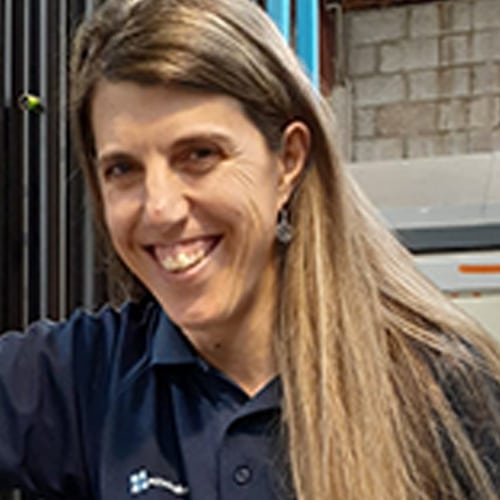Q&A with Nathan from Nelson.�
Residential glazier.
How did you get into a career in glass?
I left school and worked for a glasshouse fabrication company in Christchurch. I had the opportunity to join their crew and help build one of the biggest glasshouses in the South Pacific, here in Nelson. It’s 3 x 3 hectares in size, which is equivalent to three Eden Parks.
I enjoyed it so much that, when I turned 18, I applied for a job at Tasman Glass – now Viridian Glass – and stayed six years. I learnt all the old-school techniques, and when I left I was one of the head cutters, supervising three others and operating the cutting table.
What attracted you to your current role?
I had wanted to start an apprenticeship for some time and my employer in Nelson gave me that opportunity. I complete the apprenticeship at the end of the year and it feels good knowing I’ll have a trade behind me.
How would you describe a typical day?
We do all sorts. Today I’m doing a timber glaze on site, with 45 double-glazed units to put in. Yesterday, we were doing a balustrade and last week we were at a bank doing partition walls. I also help the boys on the cutting table when I get back every day.
What do you enjoy most about your work?
The good variety of work. You are never doing the same thing every day.
What opportunities are there for training and career development?
Once I develop my skills and experience, I can look at becoming a team leader and in charge of a crew. After that, there are opportunities to be a sales rep or glazing manager.
What aspects of the work do you like the best?
I do enjoy the timber retro-fitting and glazing. You have to really think about the job. It’s technical. Seeing the final product and the finished house looking mint is amazing.
What makes your workplace a great place to be?
The whole place! You walk in the door and you feel like you’re walking into a family home with your brothers and sisters and aunties and uncles. It’s an awesome family and I just love working there. We also have a good laugh on site.
What sorts of career paths are available to you next?
My goal in the next five years is to own my own business. I’ve been told by my supervisors that I can go far and am being encouraged to do that. I love doing the timber work, and if you do something you love, then it’s like a hobby, not a job.
I’ve also got the Apprentice of the Year Award firmly in my sights for next year.














